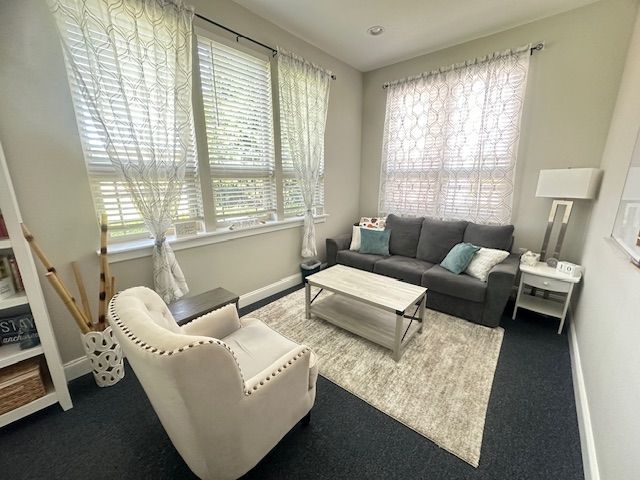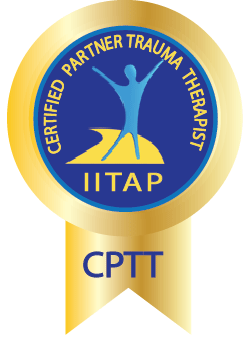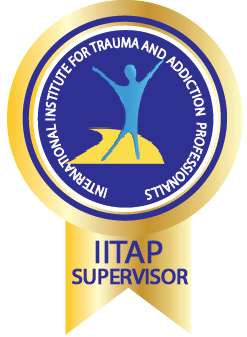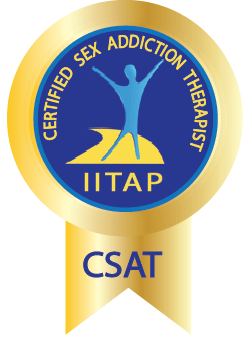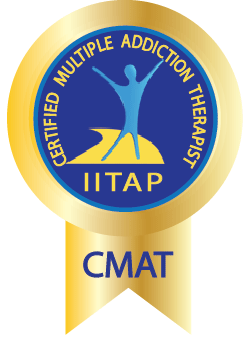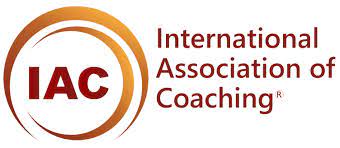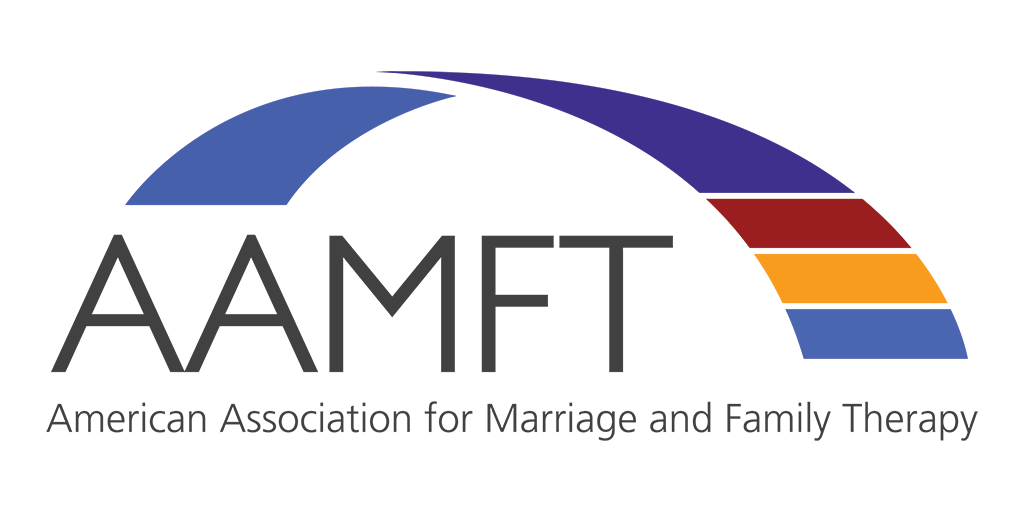Group therapy is a powerful form of psychotherapy that brings together individuals facing similar challenges to work through their issues in a supportive, structured setting. Facilitated by a licensed therapist, group therapy offers more than just a space to talk it fosters connection, builds empathy, and promotes collective healing. With participants typically dealing with similar concerns such as depression, anxiety, addiction, grief, or trauma, the shared environment becomes a foundation for mutual understanding and growth.
One of the most significant benefits of group therapy is the sense of belonging it creates. Many individuals entering therapy feel isolated in their struggles, believing that no one else can truly understand their pain. In a group setting, hearing others share similar feelings and experiences can be profoundly validating. It reminds participants they are not alone, reducing feelings of shame and alienation.
Group therapy also encourages peer support and feedback, which can be uniquely beneficial. While a therapist provides professional guidance, fellow group members often offer relatable perspectives, encouragement, and constructive feedback based on their own journeys. This peer interaction can help individuals see their challenges from new angles and feel motivated to make positive changes.
Another key advantage is the opportunity to develop and practice interpersonal skills. In a safe and confidential environment, participants can explore communication patterns, learn to express emotions more effectively, and work through conflicts. This process improves self-awareness and equips individuals with tools they can apply in real-life relationships.
Accountability is another powerful element of group therapy. As members set goals and share progress, the group helps keep each other motivated and responsible. This collective accountability often increases commitment to personal growth and can enhance outcomes when combined with individual therapy or medication.
Additionally, group therapy fosters hope and inspiration. Witnessing others make progress or recover from similar challenges provides real-life proof that healing is possible. This shared sense of progress can uplift the entire group and instill a sense of purpose and optimism.
Group therapy is also more cost-effective than individual therapy, making it a more accessible option for many people. It delivers high-quality therapeutic support at a lower cost while still addressing a wide range of psychological concerns.
Lastly, it helps individuals to build resilience through community. As members support each other through difficult moments, they form bonds that reinforce emotional strength. These connections often continue outside of therapy, creating a broader support network.
In conclusion, group therapy is a dynamic and effective path toward healing. It provides connection in place of isolation, support in times of struggle, and practical tools for real-world change. Whether used as a standalone method or alongside individual therapy, group therapy opens the door to shared growth, emotional recovery, and long-term well-being.


